Population Health News Roundup: November
JoAnne DyerIAPHS Members in the News
Sandro Galea in The Milbank Quarterly: Radical incrementalism in public health strategy may be the right response to these turbulent times. (October 29, 2020)
Keshia Pollack Porter on Public Health On Call: Dr. Porter talks whole-health education and combatting pandemic #2 (racial injustice) with Taylor Porter, a high school principal in Cincinnati. (November 5, 2020)
Cindy Colen in the American Journal of Epidemiology: Attending a historically black college or university (HBCU) are less likely to develop metabolic syndrome later. HBCUs could drive upward mobility and health protection. (November 5, 2020)
Disparities
Kids of color and poor kids have food allergies, too: Resources like safe food at food banks and daycares, lifesaving medicine, and other medical care are harder to come by even though Black children are 7% more likely to have food allergies than are White children. (Kaiser Health News, November 5, 2020)
The pandemic is worsening seniors’ isolation: Many seniors aren’t as knowledgeable of the technologies that could keep them connected, and the organizations who help seniors are struggling to serve them. (University of Washington news, October 21, 2020)
Redlining yesterday, increased risks today: Historically redlined neighborhoods–predominantly Black or other minority communities–today face more health risks and challenges, such as the ability to recover from human and natural disasters, shorter life spans, and higher rates of chronic diseases. (NPR Shots, November 19, 2020)
Place
For some kids, schools weren’t safe even before the pandemic: Many kids of color and kids in lower-income areas already attended less-than-healthy schools, facing hazards like asbestos, insufficient heat and cooling, mold, bolted windows, and pest infestations. Focusing on COVID-19 isn’t enough to make the schools safe. (CityLab, September 25, 2020)
Neighborhood poverty linked to BMI: Moving to a neighborhood with higher poverty meant less favorable BMI z-score trajectories for youth. Effects were small. (BMC Public Health, November 10, 2020)
Seattle COVID infections show neighborhood disparities: “People are at risk longer than they think, [and] the virus will last longer than expected…” (University of Washington news highlighting a study in PNAS, October 29, 2020)
Nursing homes experiencing excess deaths beyond COVID: Excess deaths could total more than 40,000 people, “roughly 15% more than you’d expect at nursing homes already facing tens of thousands of deaths each month in a normal year.” (AP News, November 19, 2020.)
Environmental Health & Justice

Neighbors of Smithfield hog farm win legal victory in North Carolina: A group of 500 mostly Black residents have complained about the animal and human harms caused by conditions at a Smithfield subsidiary, Kinlaw Farms. Judges ruled on the neighbors’ behalf. (The Guardian, November 20, 2020)
An energy shell game: In the complicated relationships between the oil & gas industry and the communities they serve (and harm), whose needs–and which needs–take precedence? And who’s really behind the curtain of groups like “Western States and Tribal Nations”? (Los Angeles Times, November 23, 2020)
Policies & Programs
DACA can help Latinx youth–for a while: Becoming protected under DACA had some short-term psychological benefits, but these affects “do not hold up over time” without “full social and structural inclusion.” (Social Forces, October 29, 2020)
Fewer state restrictions led to worse COVID outbreaks: State policies are linked to the severity of the pandemics in several states. New England states avoided a summer surge and are having a smaller fall surge; meanwhile, Florida and Texas are faring worse. Timing seems to be a factor. (NY Times, November 18, 2020)
Oregon just decriminalized small amounts of some drugs: On February 1, 2021, possession of small amounts of cocaine, heroin, oxycodone, and methamphetamine will no longer be a crime in Oregon, thanks to the passage of Measure 110. The measure also included funds for addiction treatment and harm reduction. (Oregon Public Broadcasting, November 4, 2020)
More wages, less despair: Increasing the minimum wage and the earned income tax credit (EITC) can reduce deaths from suicide and drugs and alcohol, according to a Berkeley study. (Daily Cal, November 23, 2020)
Global Health
Not the great equalizer: Around the world, COVID-19 hits some countries and some populations much worse than others. A rise in the number of people in extreme poverty, and income inequality, are expected to rise. (Financial Times, November 2, 2020)
Gaza City facing collapse due to COVID-19: Crowded conditions, refugee camps, and inadequate hospital capacity are pushing Gaza toward a public health “collapse.” (AlJazeera, November 23, 2020)

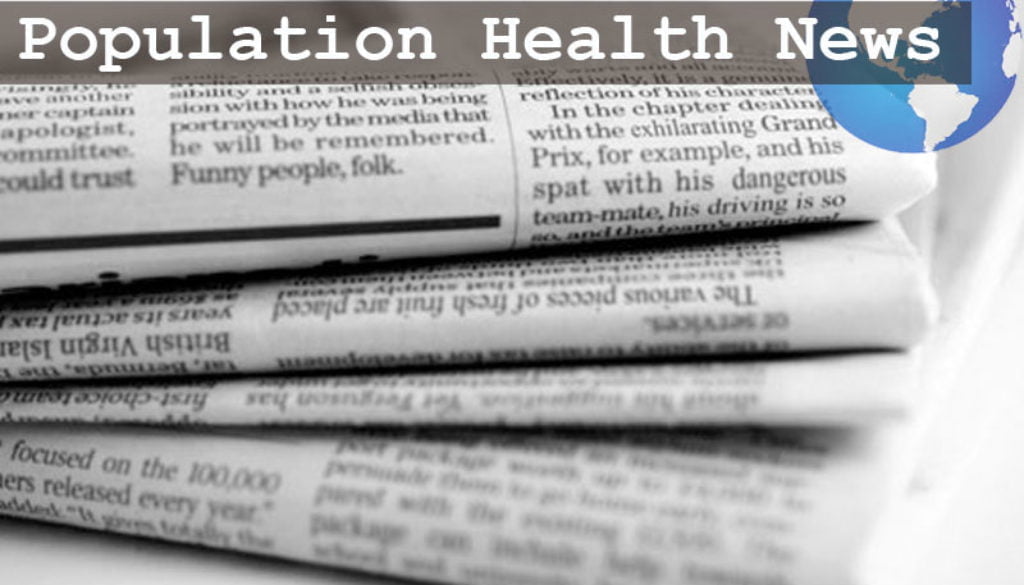

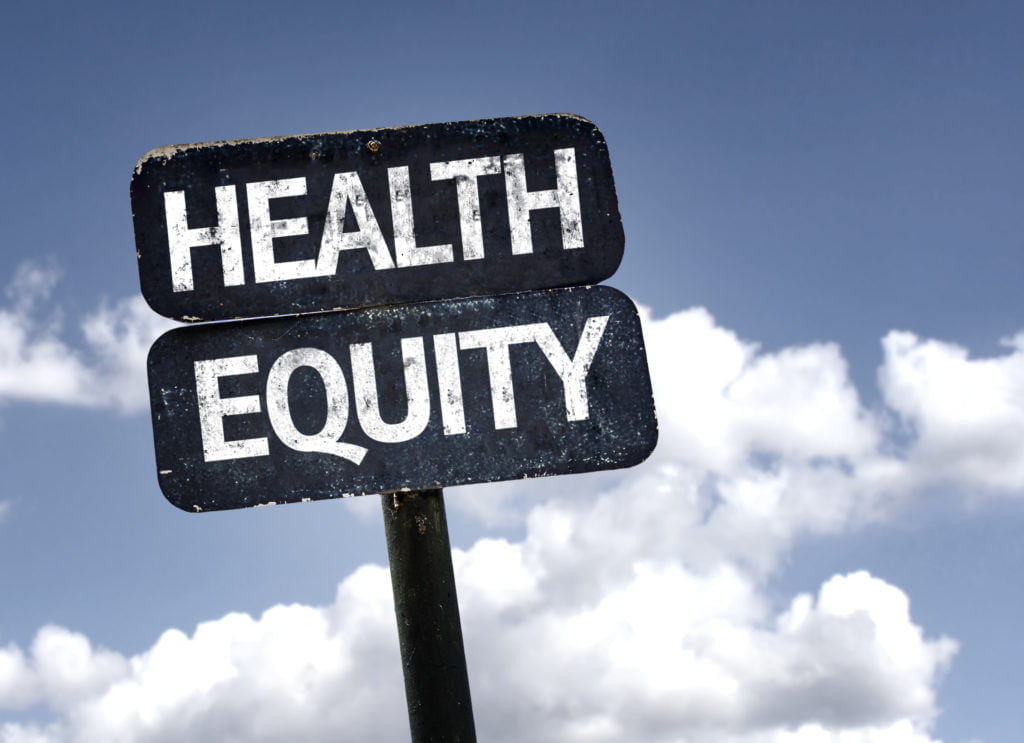
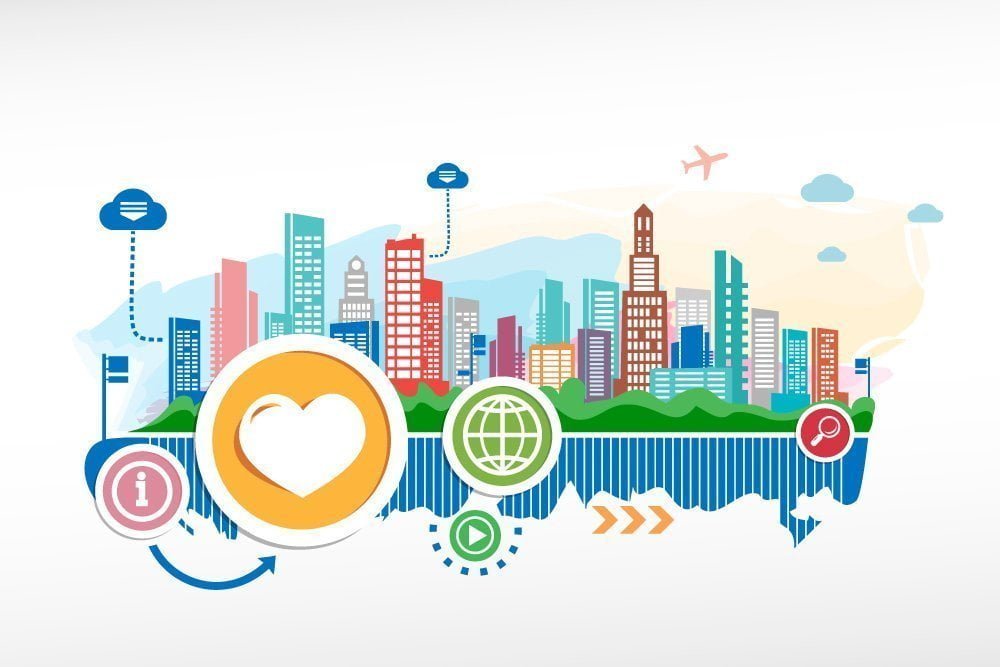
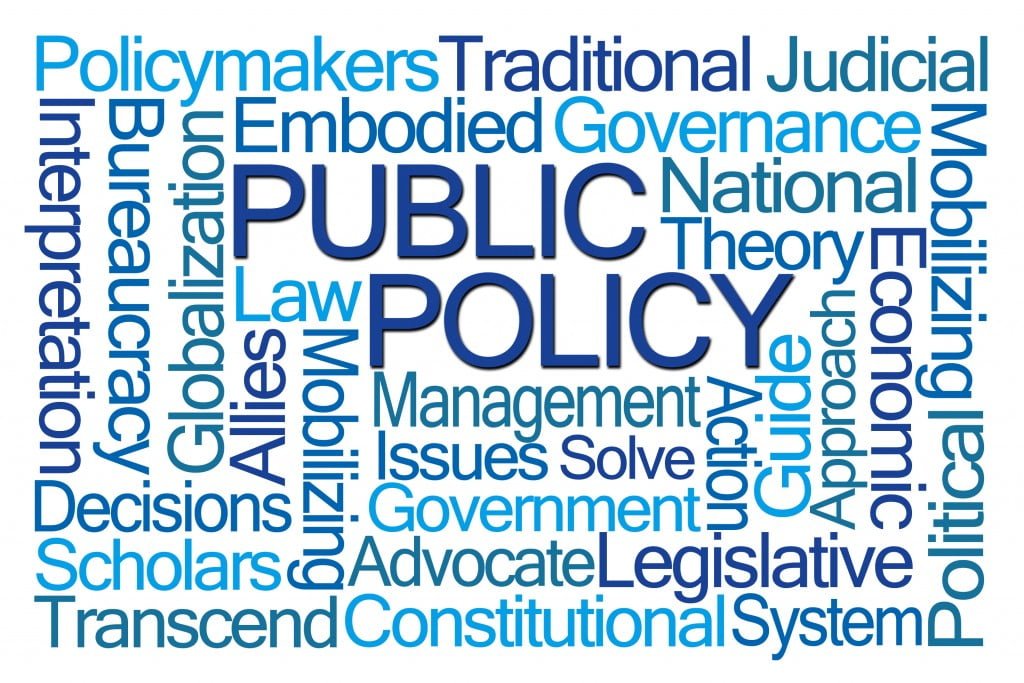


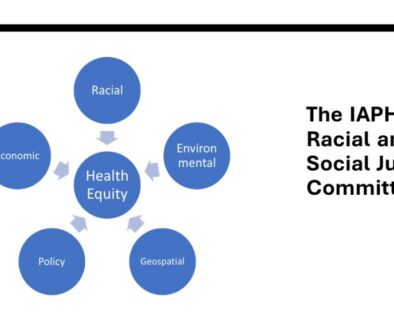
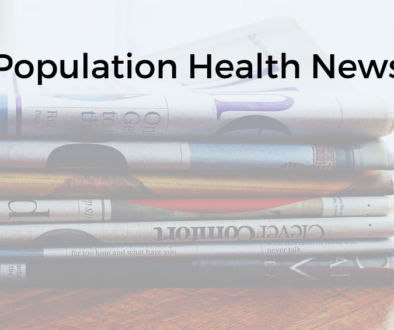

All comments will be reviewed and posted if substantive and of general interest to IAPHS readers.